Germans split on digital euro, most don’t know what it is: Survey
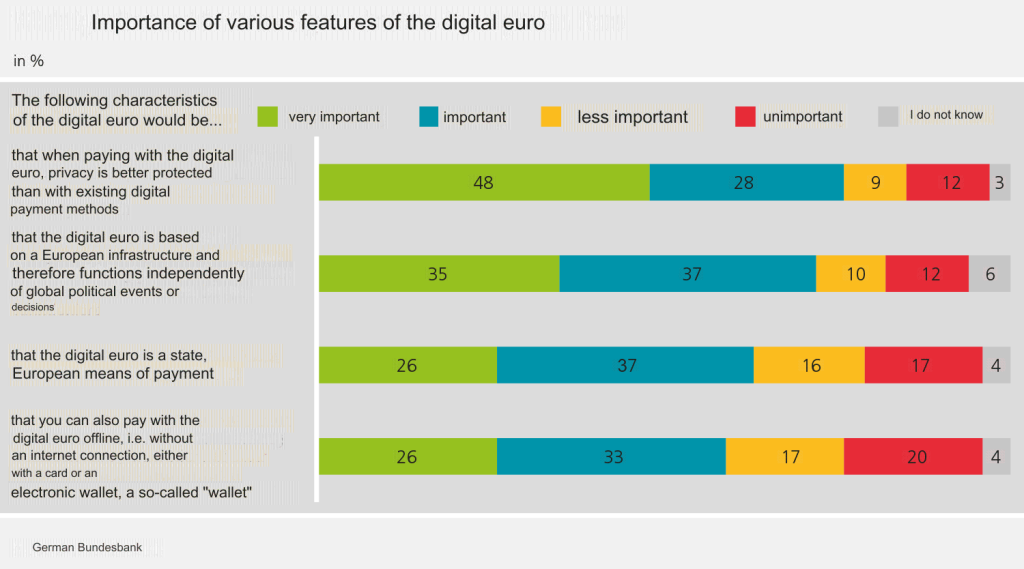
Most Germans have never heard of the digital euro and some who knew of it thought it was a cryptocurrency, a central bank survey found.

Half of Germans in a recent survey said they could see themselves using the digital euro despite many not having heard of it or knowing exactly what it is.
Deutsche Bundesbank’s survey of 2,012 people published on June 4 saw 50% say they could either “definitely” or “probably” imagine using the digital euro — the European Central Bank’s pilot central bank digital currency (CBDC) — if it was an additional payment option.
A quarter said they would “definitely not” use it, about the same said they would “probably not” — 1% said they didn’t know.
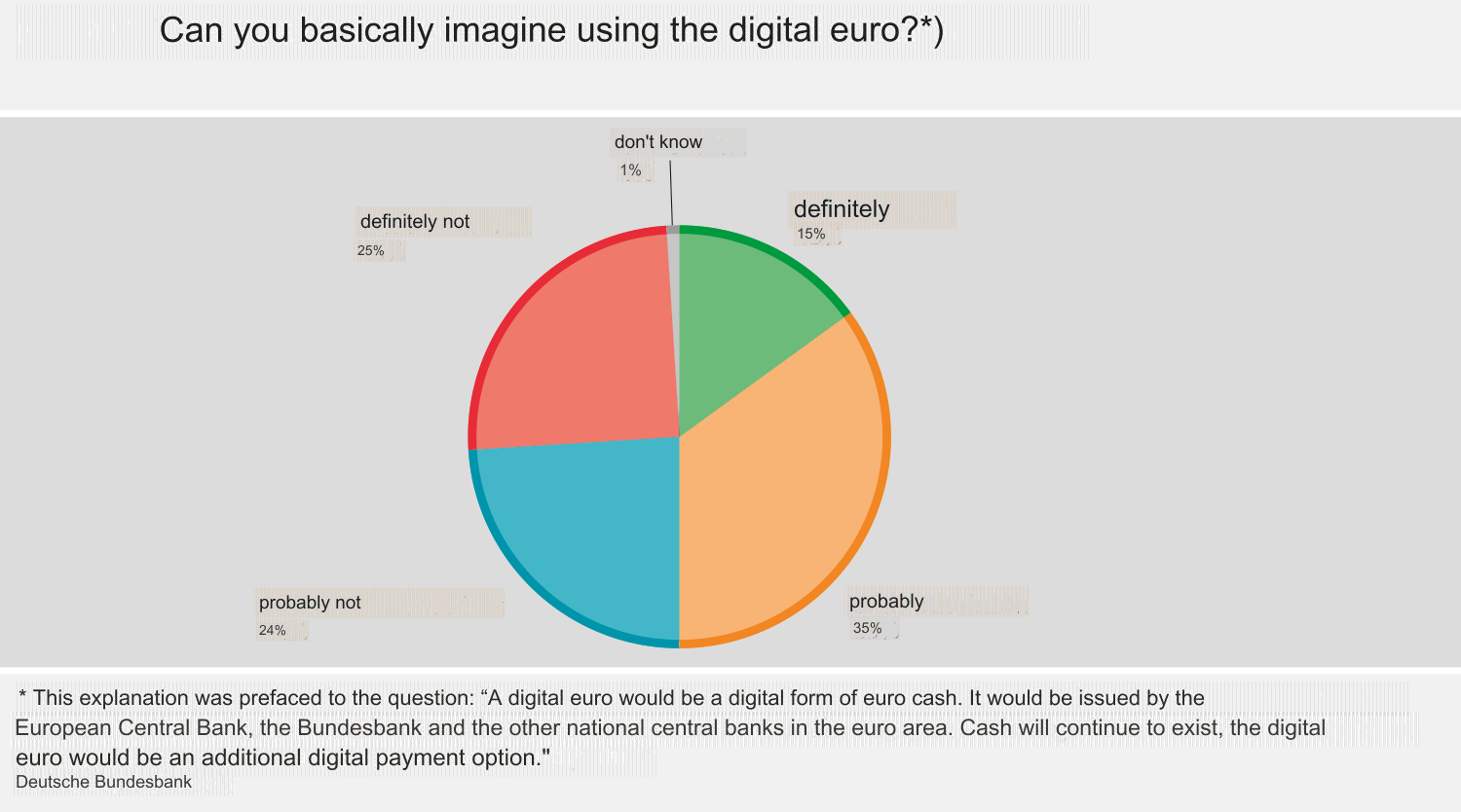
But three in five respondents also said they had never heard, read or seen anything about the digital euro.
Of the remainder who had heard something, about a quarter said they didn’t know what it was — 16% thought it was a cryptocurrency while nearly 30% either thought the digital euro was meant to replace cash or believed cash would be abolished if it was introduced.
Just 17% correctly answered that it was a form of Eurosystem central bank-issued digital money that the ECB said would be available in addition to other payment methods, such as cash.
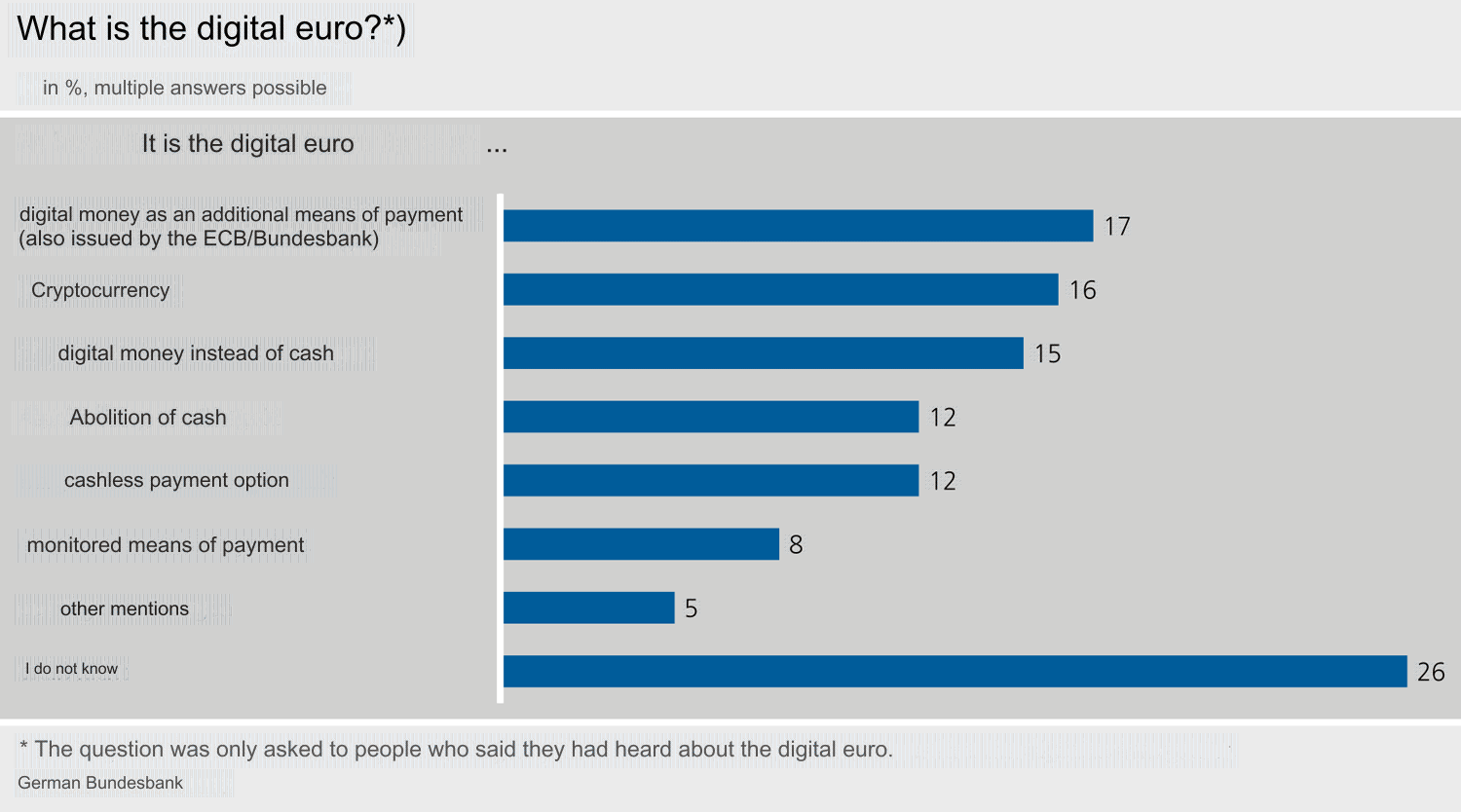
Bundesbank President Joachim Nagel said in a statement that the survey shows “a great deal of information still needs to be provided.”
Privacy the greatest concern for digital euro
Ensuring better privacy from the digital euro over existing digital payment options was the most important feature to respondents, with over three-quarters rating it as “very important” or “important.”
Over 70% said it is important that the CBDC is based on European infrastructure, while more than 60% marked a level of importance on the digital euro being government-issued like cash and with the ability to pay offline.
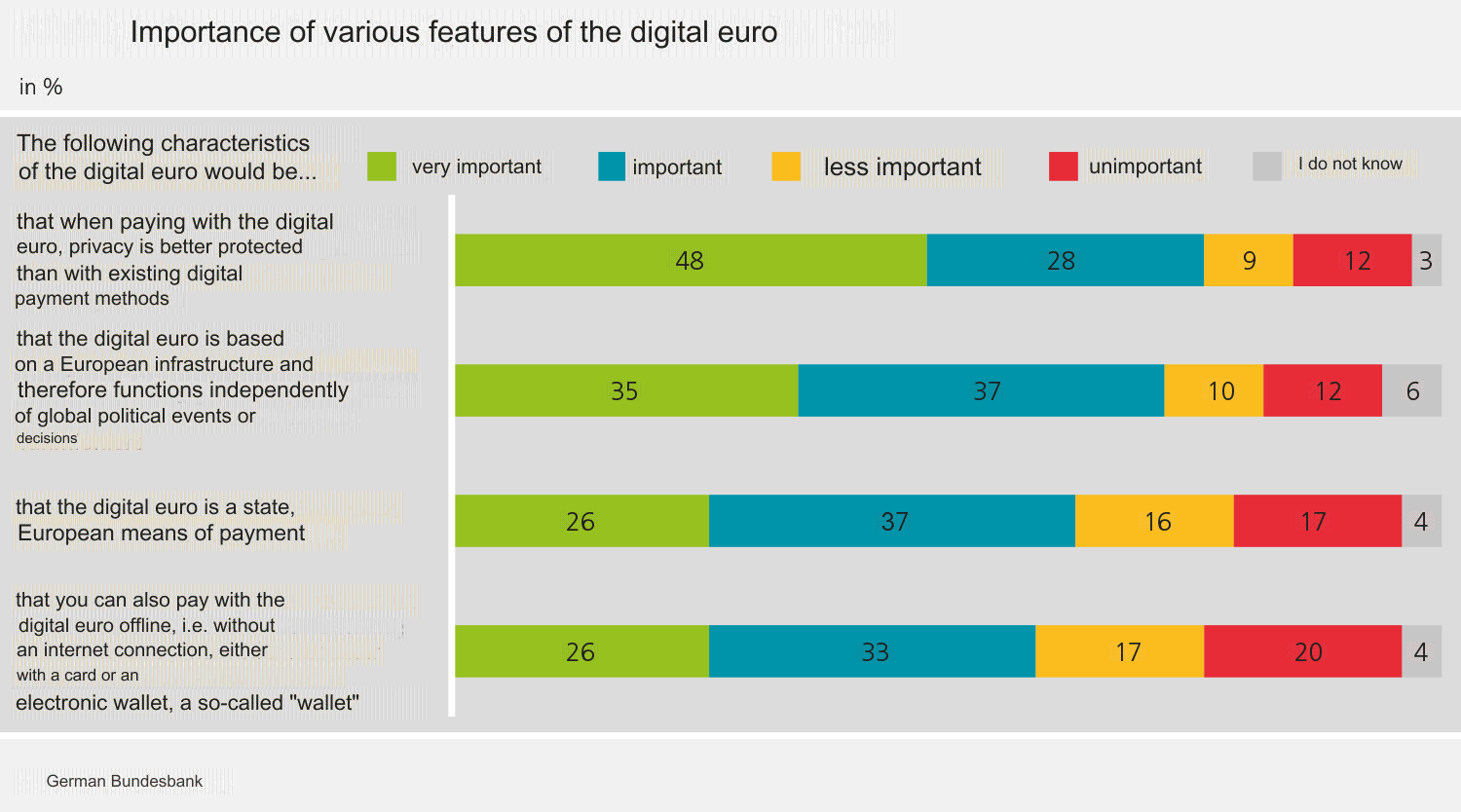
“Eurosystem central banks have no interest in users’ data,” Nagel said. He claimed the digital euro would protect privacy “far more effectively than current commercial payment solutions.”
Related: Can the digital euro actually find traction in Europe?
The ECB claims the digital euro can be used offline and transaction details “would be known only to the payer and the payee.”
It’s currently in a preparation phase slated for completion in October 2025 which focuses on finalizing rules and finding possible issuers.
Last June, the European Commission submitted a draft regulation proposing a legal framework for the digital euro and a proposal to safeguard the use of cash.
Burkhard Balz, Bundesbank’s board member responsible for the digital euro project, said in a statement that current plans would see people “able to make their first payments with the digital euro in 2028 at the earliest.”

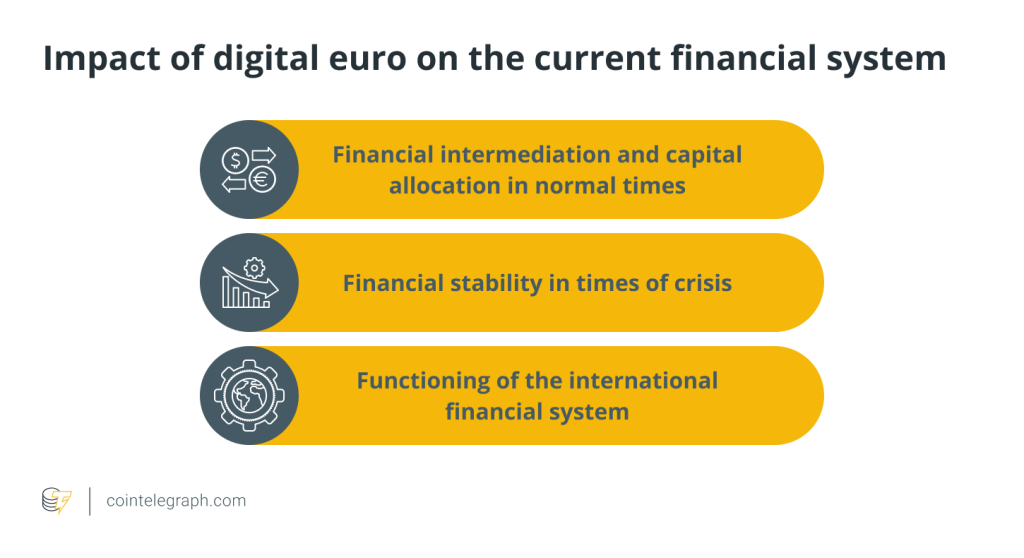
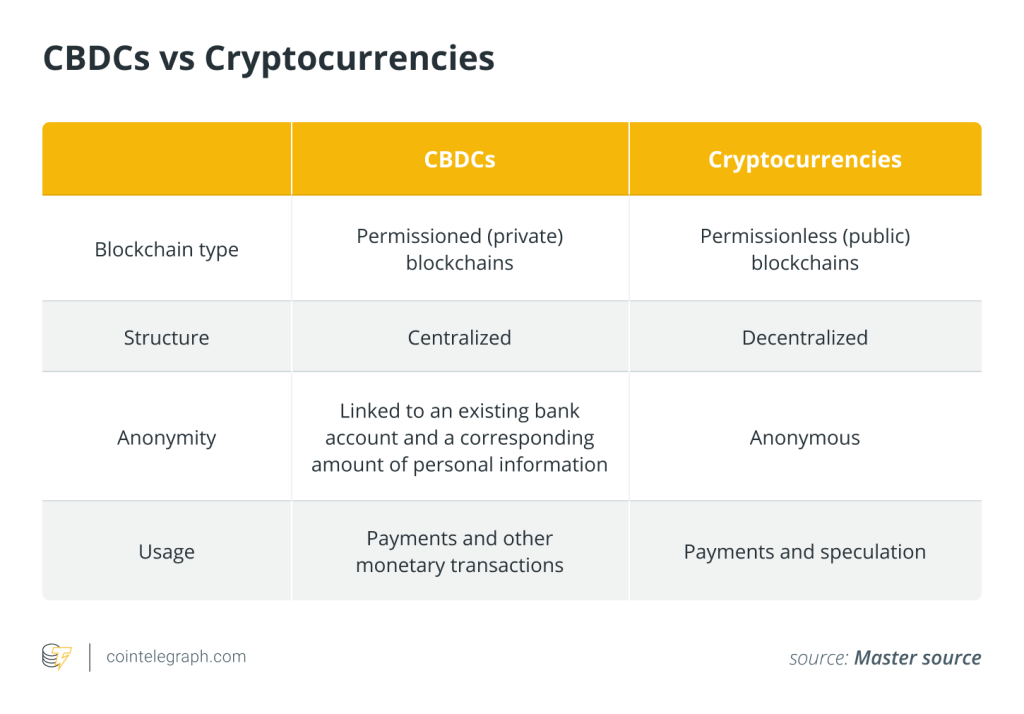
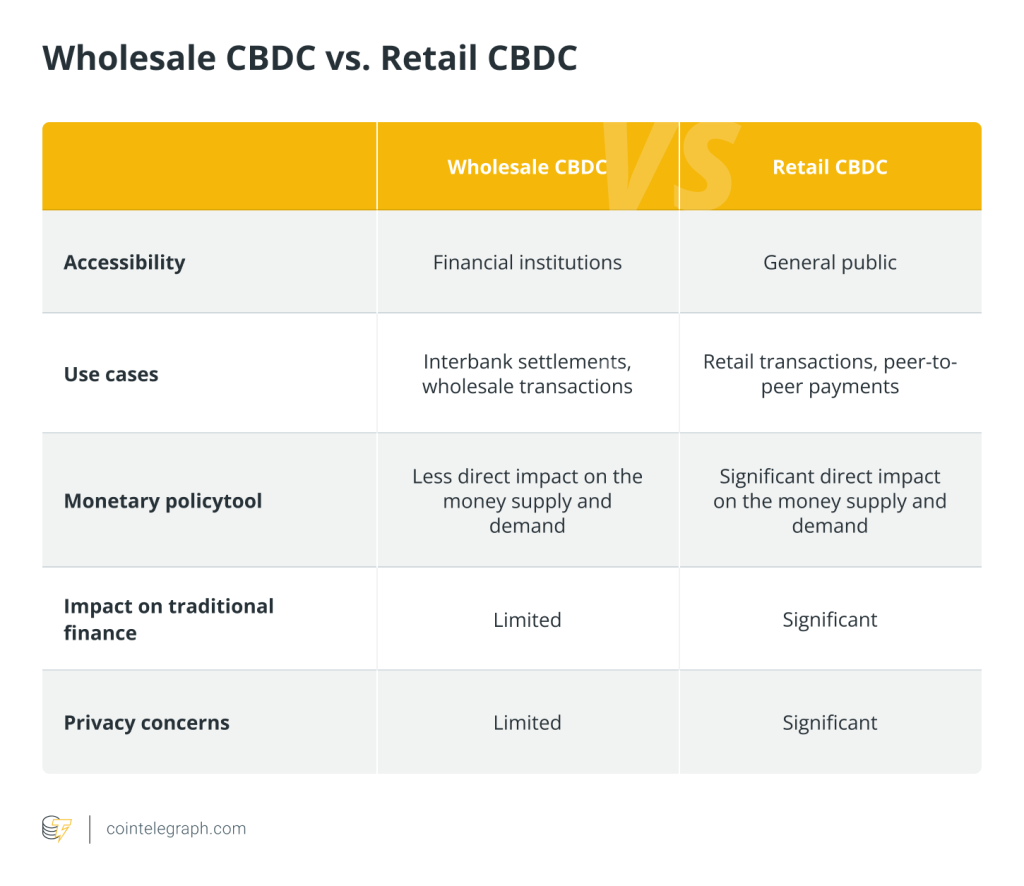
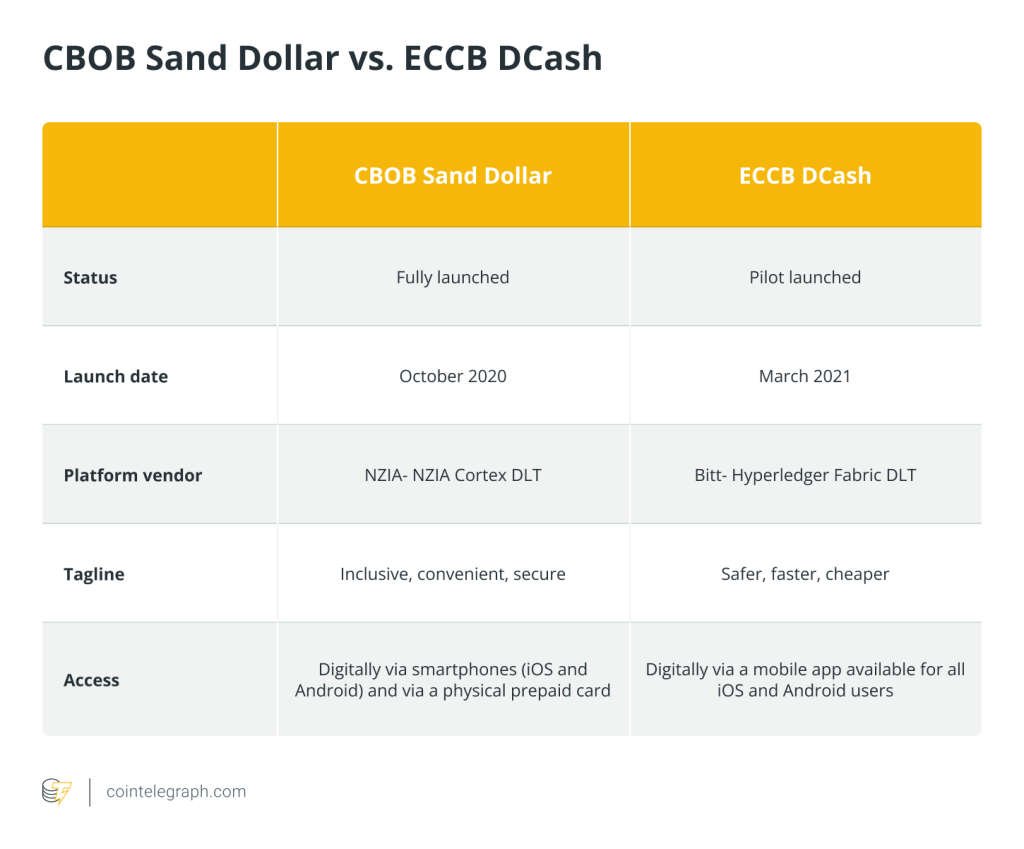
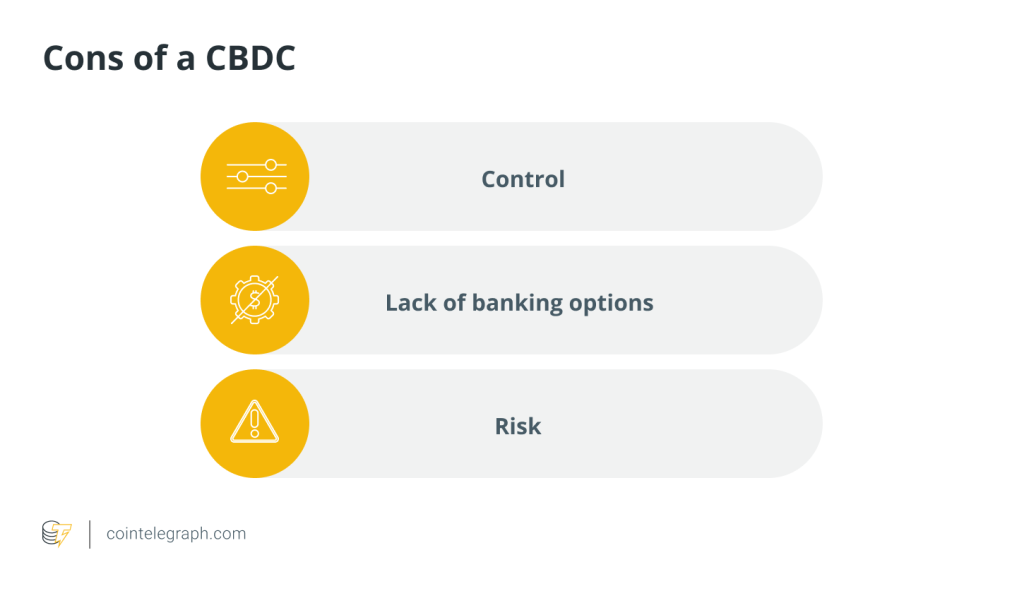
Responses